
8 minute read
INTERVIEW WITH GARY STEWART OF FOUNDERTRIBES
A discussion with... Gary Stewart
Gary Stewart the Yale educated lawyer and former founder of Wayra which has invested in over 800 startups accross Europe and Latin America and has helped these startups raise over $262 million when Gary departed. Now his new venturew FounderTribes which focus on the 99% of entrepreneurs that have previously been over looked along the way.
Advertisement
Gary, welcome to your interview with Business Digest Magazine. For the benefit of our audience, I would like to kick off by asking you to give us a brief overview of your experiences and the companies you have worked with?
My one-minute pitch is, I was born in Jamaica and grew up in the Bronx in New York. I went to Yale college and Yale law school, then moved into a career in corporate law at different companies like Simpson Thatcher and Freshfields. After that I worked in the US, in London and then in Spain, where I decided I wanted to become an entrepreneur.
My first business was an offline real estate business which did ok but was very seasonal. The second business was an online real estate business, very similar to Zoopla but focused on Spain and Latin America. We raised about 4 million dollars for that company and eventually sold it in 2016.
After 6 years of being CEO, I decided I wanted to do something new. So, I went and taught, which is something I’ve always been driven towards. I taught at a top ranked business school in Madrid called IE Business School and then ran their venture lab.
I was then approached by Telefono, who asked me to help set up a program call Wayra, which would eventually become one of the world’s largest corporate accelerator programs. I ran that in Spain for about 3 years and then moved to the UK in 2014 to run it here. By the time I left, we had invested in 185 companies in the UK that have raised more than 267 million dollars and are worth more than $1.1 billion.
Now I’m working on the Nest which is all about levelling the playing field. The basic numbers are if we look to the US market for example, where people do have really good data on issues of diversity. Women in minorities probably make up 70% of the US population but they only get in the vicinity of 3 to 4 percent of all venture capital funding and so there are a few inequities that need to be addressed. The Nest is trying to focus on that by helping people to get the educational and social capital tools they need to then be able to really unlock access to the capital and funding for start-ups. That’s what we’re focusing on but not limiting ourselves only to tech companies but to all companies and all businesses out there including side hustles.
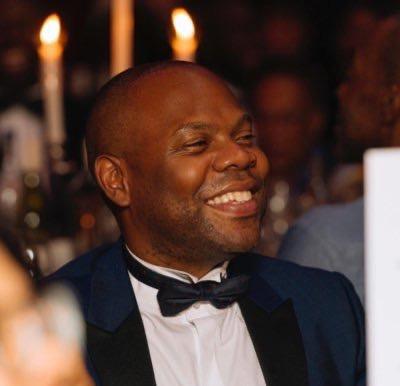
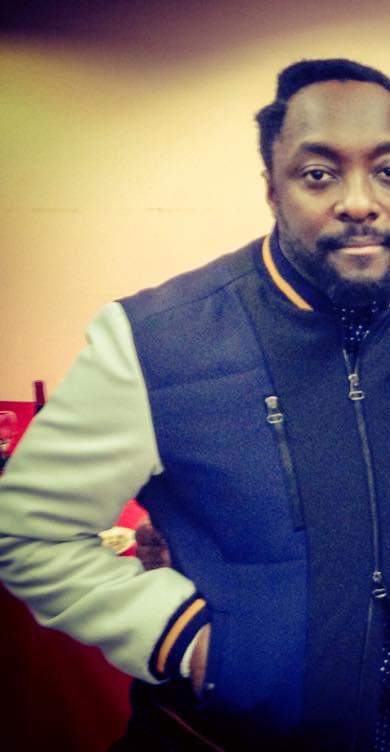
What are some of you core values and morals in life?
I believe in karma, so that means I also believe in paying it forward, that it’s probably better to lead a life that you can be proud of. Sometimes that will make you money sometimes it won’t but it usually does involve helping other people and hoping that the universe pays you back in kind. For me, both personally and professionally, I really do believe that everyone should be given the opportunity to realise their dreams.
It shouldn’t be something that is determined by what you look like, what gender or race you are, what geography you live in, who you love or what god you believe in. It has to be that anyone can have access to opportunity as long as they have the talent and are willing to work hard to realising that talent. I don’t think the world we currently live in looks anything like that.
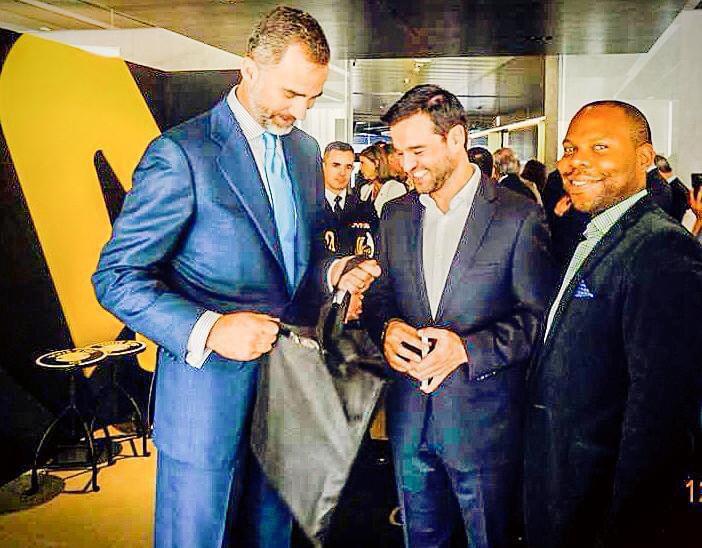
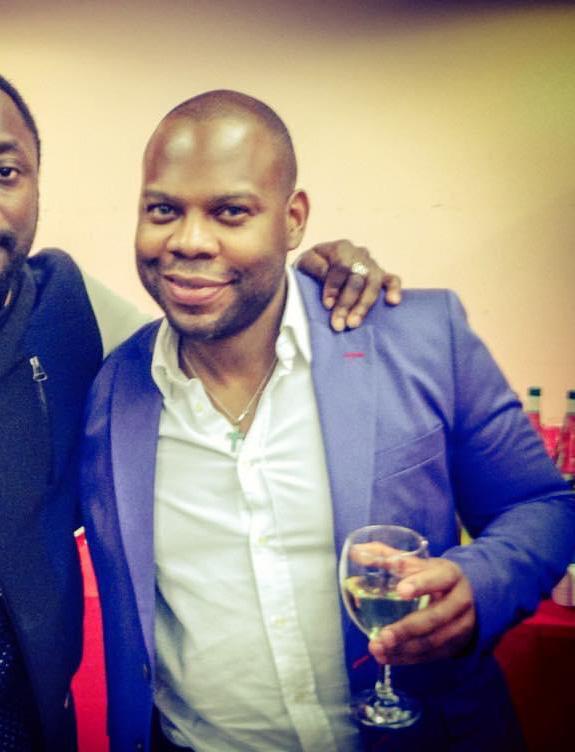
(Left) The king of Spain with Gary Stewart
Stress is a massive thing in the business industry. It affects the mental health and well-being of many individuals. Have you ever suffered with stress on your journey and how do you handle it?
In terms of stress, I guess it is a part of life. For me, one of the things I try to do is to not take things too seriously. I think it’s maybe because I’m now in my forties and I have started to realise there are so many things that I thought were life-or-death moments in your life; where I felt things were not quite working out as I expected and I thought it was an end of the road point.
Then things would turn around, another road would open up or the failure became an opportunity or a lesson. So, I guess I try not to get too stressed and stay very calm.
I say to myself, if this doesn’t work out as expected, what is it that it teaches me so that the next time I can actually do it a little bit better. I think that leads on to some sense of work-life balance and even though as an entrepreneur there is no real work-life balance but it helps to keep things in perspective.
If a business fails or if something doesn’t go well, that doesn’t necessarily mean that I’ve failed or that I’ve done something to be ashamed of.
It just means that this opportunity didn’t work out or that I didn’t have the right business partner or the right team or that I need to evolve in some ways, either professionally or personally as well. The key thing I’ve learned about dealing with stress is just don’t stress out.
Try to focus on trying to understand what’s happening and then make sure you don’t repeat those mistakes and that you learn from the potential failure.
What, in your honest opinion, is your number one tip for success?
My number one tip is, ‘do unto others as you would have them do unto you.’ As long as you try and treat people well in life, you can always be happy with yourself knowing you haven’t tried to screw any one over for example. Which also leads on to having a loyal network of people who are there to support you because they know when they were in certain situations, you were there to listen and support them.
That then leads to a pay it forward approach where in my particular case of 20 plus years in business I have a lot of friends and people that want me to succeed and are usually willing to help me succeed because I’ve been willing to help them succeed as well.
The Idea for The Nest is truly a remarkable thing - bringing accessible educational and entertaining videos to start-ups at every stage of development. Where did the idea for The Nest come from?
The idea for The Nest came from the imperfection of seeing two different trends. One was Y Combinator, the exclusive accelerator for young entrepreneurs who like to say that they’re more exclusive than Harvard.
Then there was a moment where that accidently let in 16000 people and that’s when I thought this is what the world should look like. It shouldn’t be an accident that everyone gets access to this education. It should be something that is normal because, especially if you can do it online, there is no reason to artificially limit it to an explicit group of people.
The second incite was then seeing the buzz around master class because like most people, I started to see videos from really famous people like Serena Williams, Meryl Streep all being on my Instagram and Facebook feeds and I thought, whoa!
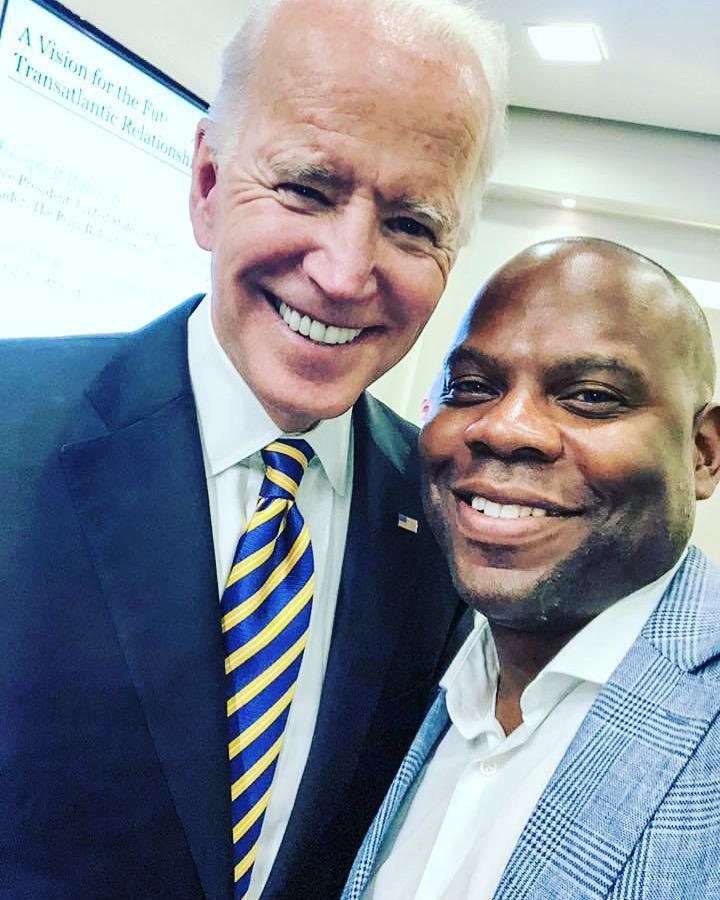
Gary stewart right pictured with President elect Joe Biden

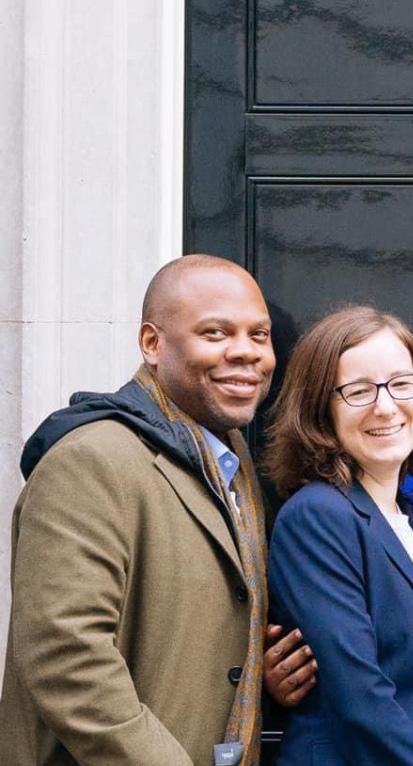
How did they get these people to do these videos? I sure would love to watch these videos and learn how to be great in those specific domains about which they were going to speak.
It was in the marriage of those two moments that led to the idea. If we could do something like Master Class but focus it on entrepreneurs and specifically the kinds of entrepreneurs that were dying to get into Y Combinator but would not have originally had a shot at this kind of pre accelerator startup school. Then that could be a really interesting business and that’s where the idea came from. You must have met some truly remarkable people but who do you look up to as someone you aspire to be like?
One would be Stacey Abrams for setting up an organisation called Fair Fight Action. Also a bunch of other organizations, specifically with the idea of focusing on protecting the right to vote, especially in minority communities.
This has become one of the central pieces of the current US election where people like Hillary Clinton, Barak Obama and Michelle Obama who went out there and saying going out there and voting is important; look what happened to Stacey Abrams. So, what I found really inspiring was when she came to visit me. It made me realise that I should stop trying to address this problem as a side hustle through different organisations but put my mind to it to find a definitive solution.
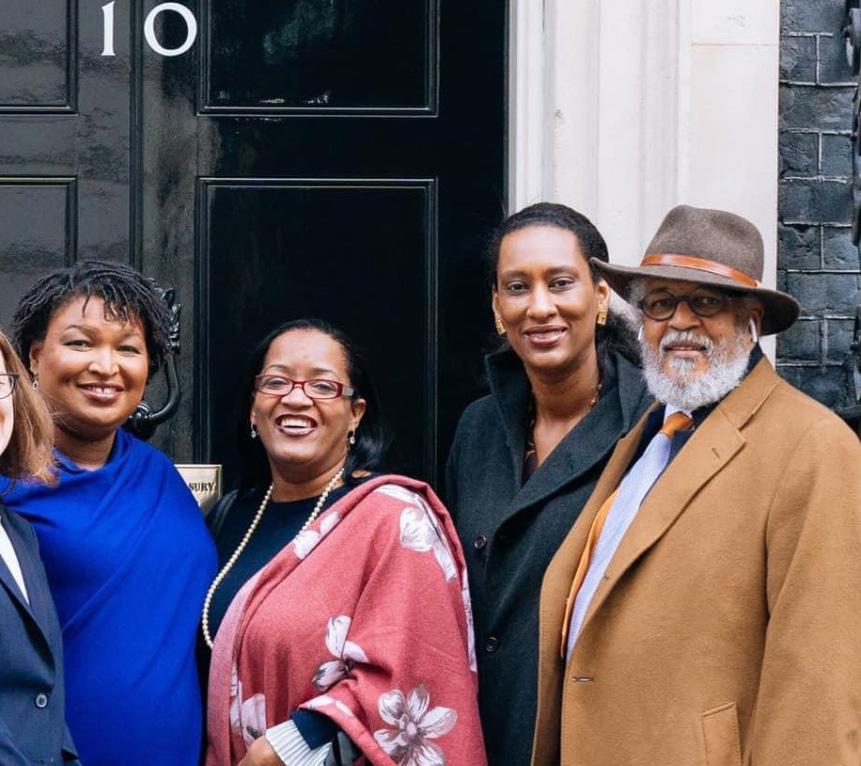
Secondly, I look up to all entrepreneurs because I remember just how difficult it was to be an entrepreneur with the ups and downs, the chaos and uncertainties. The people that do it are really, really strong and have to be really, really strong.
What is the best way for someone to contact you?
The best way to contact me would be through LinkedIn even more so than email. Then I generally direct people to WhatsApp or email depending on the person and their question.
Interview by Russ Turner Director at Business Digest Magazine










